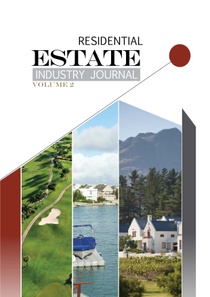News
South Africa’s Residential Estate Community
Previous article:
Helderberg Retirement Estate
Next article:
FLISP – The Missing Money

